The first superhero movie I ever saw in theaters was Sam Raimi’s Spider-Man back in 2002, when I was 10 years old. So, naturally, I have a certain level of bias in Spider-Man’s favor. But Batman is still my favorite superhero, and for multiple reasons. But, as it happens, at least one of them is shared with Spidey. I didn’t grow up reading comic books and perhaps more importantly I didn’t ever watch Batman: The Animated Series (I was more of an Ed, Edd n Eddy and, starting at the age of nine, South Park kind of kid), which was an important aspect of many ’90s kids getting to know and love the character.
Videos by ComicBook.com
Even still, you don’t need to have read every Jack Reacher novel to love Reacher and you don’t need to have seen every Friday the 13th movie to get onboard with one of those sequels. Not to mention, I’ve since read both Batman: Year One and Batman: The Dark Knight Returns by Frank Miller, among other particularly respected storylines, so I’m not entirely unfamiliar with how Batman plays out on the page compared to on the big screen. He’s a timeless character, one who will have movies and graphic novels churned out featuring his name for as many decades in the future as there have been since his debut in 1939 (especially considering he hits the public domain in 2035).
1) He’s Not a “Super” Hero
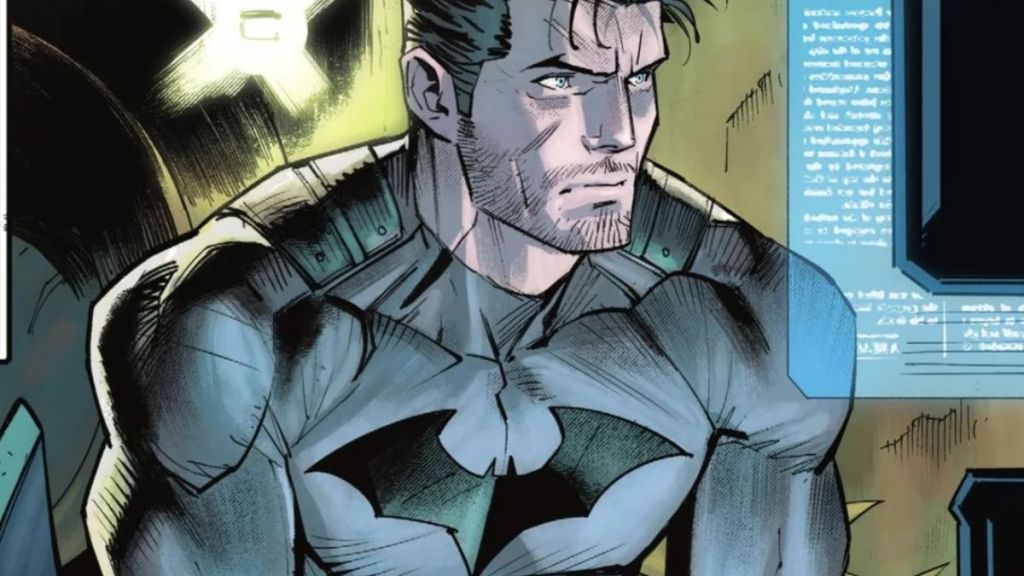
Without his riches and the gadgets those riches buy, Batman is just a dude. He’s just Bruce Wayne. There’s a lot of appeal to that. Even though we know he’s going to be in the next movie sequel or the next author/artist’s run of comics, there feels like there’s at least a modicum of stakes at play.
Superman is bland because he’s essentially invincible. Spider-Man has budding hormones and a glider-riding, heavily armed Goblin going up against him, but even he has powers. Batman doesn’t. He has armor, sure, but that doesn’t last forever. As will be covered in another entry below, he’s always contending with his own memories, which is as human as it gets. A narrative is always more compelling when the person we’ve gotten to know is fallible and mortal.
2) The Strength of Tim Burton’s Two Movies
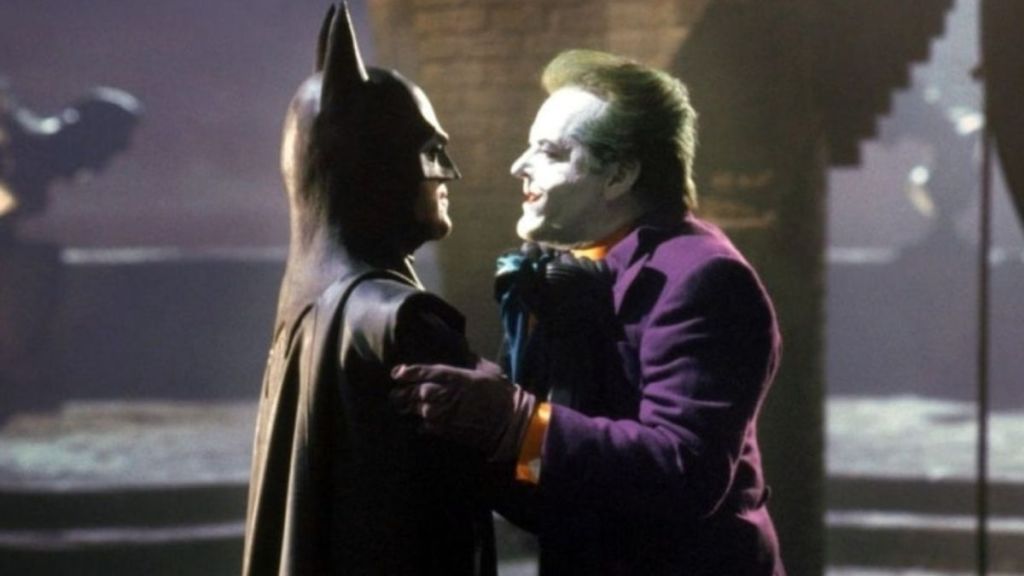
I’ll never forget the first time I saw Tim Burton’s pop culture juggernaut, Batman. Mostly because Blockbuster didn’t have the posters for the movies on their cases, so I accidentally got Batman: The Movie, was horribly disappointed, tried to sit through it anyway, and tuned right on out as soon as Batman started punching a shark as he dangled from a helicopter.
When I finally got the right one, I loved it. In part because Burton created a Gotham that felt like an extension of his own gothic tastes and, perhaps most of all, because of Jack Nicholson. I saw The Shining before Batman, which on one hand means I saw the Stephen King adaptation at far too young an age (though I didn’t and still don’t find it scary as much as engrossing). On the other hand, it means I pretty much expected a Nicholson performance to be unhinged. I got what I wanted. At the time, I didn’t quite like Batman Returns as much, but I still respected it. These days, I’d call it the best Batman movie ever made were it not for a certain Christopher Nolan masterpiece.
3) The Orphan Factor

Sure, Superman’s Kryptonian parents died as did, eventually, his father on Earth. Spider-Man, too, lost his parents when he was just a boy. But the first superhero that pops into people’s minds when they’re told to picture a superhero who was orphaned is Batman. For one, it’s a scene that has played out in multiple movies. Two, with its alleyway setting and the regret that comes in Bruce being the one whose fear got them out into that alleyway, it’s a poignant scene.
Batman is certainly the first superhero that comes to mind for me when I think of an orphaned superhero, primarily because he doesn’t even have any superpowers to help him stay strong in the aftermath of that. He just has his own psyche. It’s a damaged psyche, but one that compels him to be an altruist, a savior of his city. I lost my parents when I was a teenager, and while it wasn’t at the hands of a gunman in an alley (it was cancer for them both) and I don’t have the money to buy a Batwing, I associate with the guy to an extent. It’s what we do with trauma that defines us. We can roll over and feel sorry for ourselves, accept defeat, or we can try to take that experience and help others with it.
[RELATED: Absolute Batman‘s Brutal Takedown Just Put Every Batman Movie Fight to Shame]
4) The ’90sness of Batman Forever
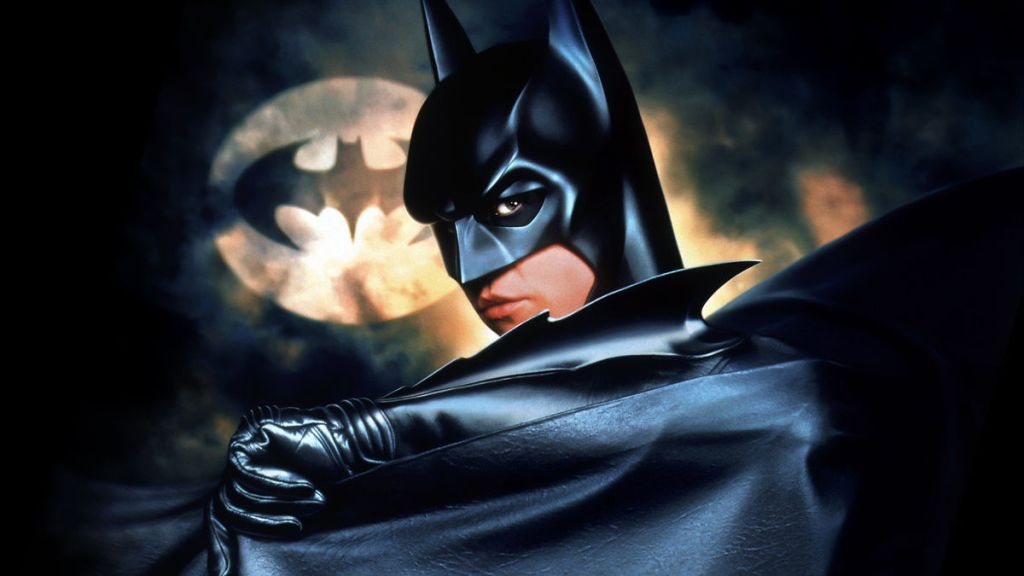
It’s pretty far from perfect, but Joel Schumacher’s Batman Forever is one of the more enjoyably bombastic films of the ’90s. It was a crowd-pleaser, through and through, even if it didn’t have a quarter of the depth of Burton’s Batman or Batman Returns.
Like most other ’90s kids, I frequently watched Batman Forever when it was on cable. And while even at a young age I knew it paled in comparison to the two movies that preceded it, I enjoyed it the same way I enjoyed Jumanji, Small Soldiers, and Anaconda. If there’s one director’s cut of a superhero movie that absolutely should be released, it’s the Schumacher Cut of Batman Forever. It would be a moneymaker for Warner Bros. and would help turn a fairly mindless blockbuster into something that at least tried to expand the title character. Not to mention, it would be a way for the late Val Kilmer’s fans to say goodbye. Even more than Michael Keaton, George Clooney, Christian Bale, Robert Pattinson, and Ben Affleck, Kilmer was the one who nailed Bruce Wayne, and apparently most of the scenes that were excised from Forever were the ones that focused on the psyche of Kilmer’s Wayne.
5) The Strength of Christopher Nolan’s The Dark Knight
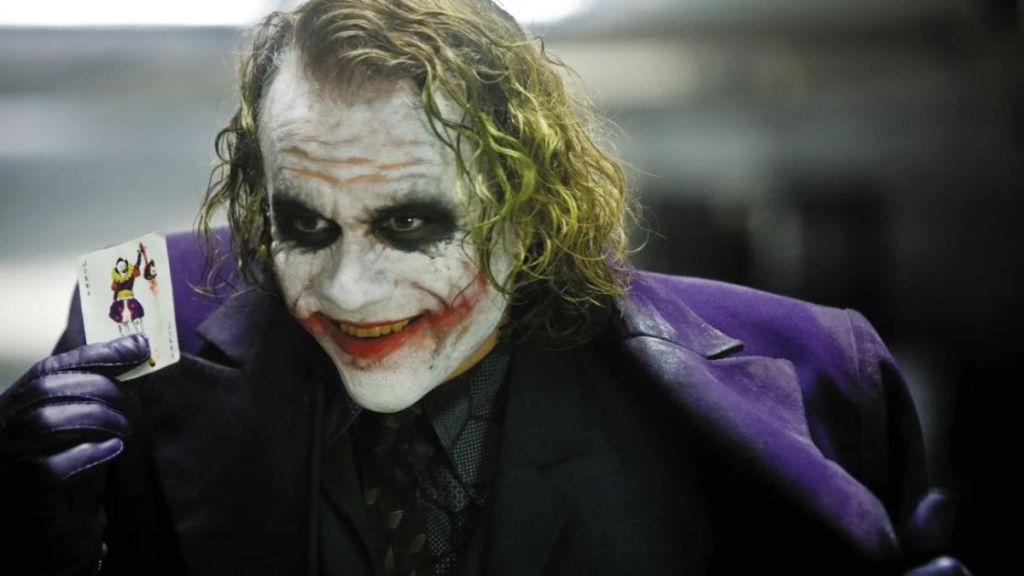
It’s hard to imagine a superhero movie ever being better than Christopher Nolan’s The Dark Knight. Outside it arguably featuring 15 more minutes than necessary, it’s a perfect film. It took the tone and world that Batman Begins did a good job of establishing and made it feel truly lived in. It’s one of the best blockbusters ever made.
It says a lot about how strong the lore of Batman is that he can find himself adapted in a similarly effective manner by wildly different filmmakers. Nolan is a decidedly different filmmaker from Tim Burton just as Burton is a decidedly different filmmaker from Matt Reeves. Yet each of those three directors (and Joel Schumacher and Zack Snyder, to lesser degrees) have taken source material and spun lived-in compelling worlds out of them. Even if it weren’t for the fact that Batman, as mentioned, will soon enter public domain (at least in terms of how he was first presented), there would be filmmakers for the foreseeable future who would bring their own takes to who he is, what he represents, and what he stands against.
6) The Rogues Gallery
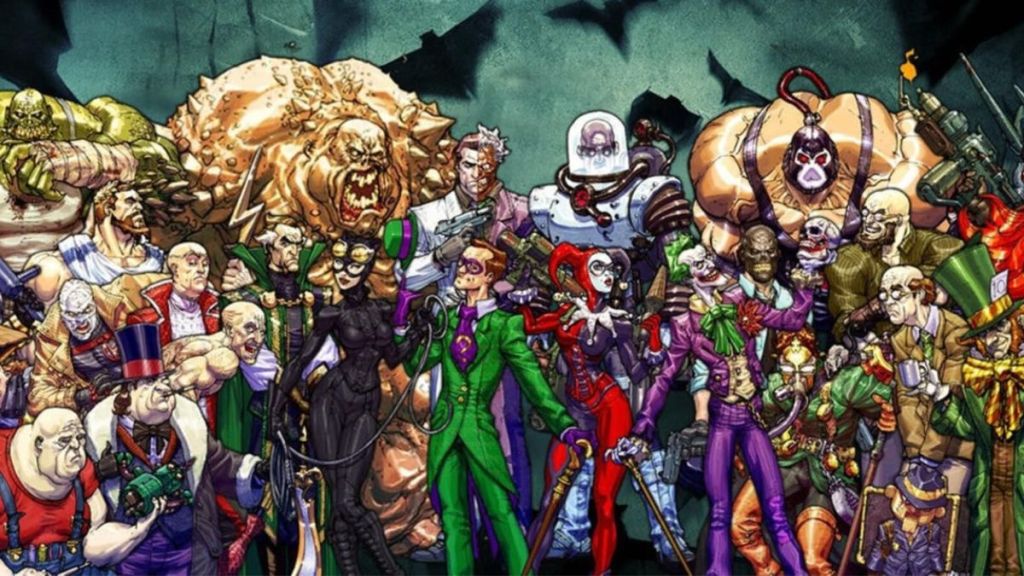
Not to keep going back to Spider-Man, but Spidey is the only one who can give Batman a run for his money when it comes to having a roster of diverse, compelling individuals to go head-to-head with. But the edge still goes to Batman, due in no small part to the fact that most of them are even more screwed up than he is and often lord his own damaged psyche over his head.
What’s also great about the Rogues Gallery is that Gotham is such a perfect place for them to live. It’s already dark and rundown, they pretty much have as much if not more control over it at any given moment than the elected politicians and the citizens who voted for them. Batman is the one who keeps the activities of (comparatively) low-level criminals like Roman Sionis, Salvatore Maroni, and Carmine Falcone from running rampant just as he keeps Joker, Penguin, Mr. Freeze, and Poison Ivy in prison (well, until they get out).
7) His Paternal Nature

There’s something endearing about a character who serves as a parental figure to others even when they don’t have to (AKA when they’re not bound by blood). That’s a character trait Batman or, more accurately, Bruce Wayne has always had. It even managed to be one of the better aspects of the Razzie-nominated Batman & Robin.
But it’s not just the various Robins Bruce has played father figure to (including Damien Wayne, to whom he’s an actual father). To an extent, he’s a parental figure to Gotham. He may not be appreciated for it all the time, and the jail could certainly do a better job of actually keeping members of the Rogues Gallery behind bars to save him a headache, but he does keep the people of Gotham safe. And they don’t even know his true identity.








